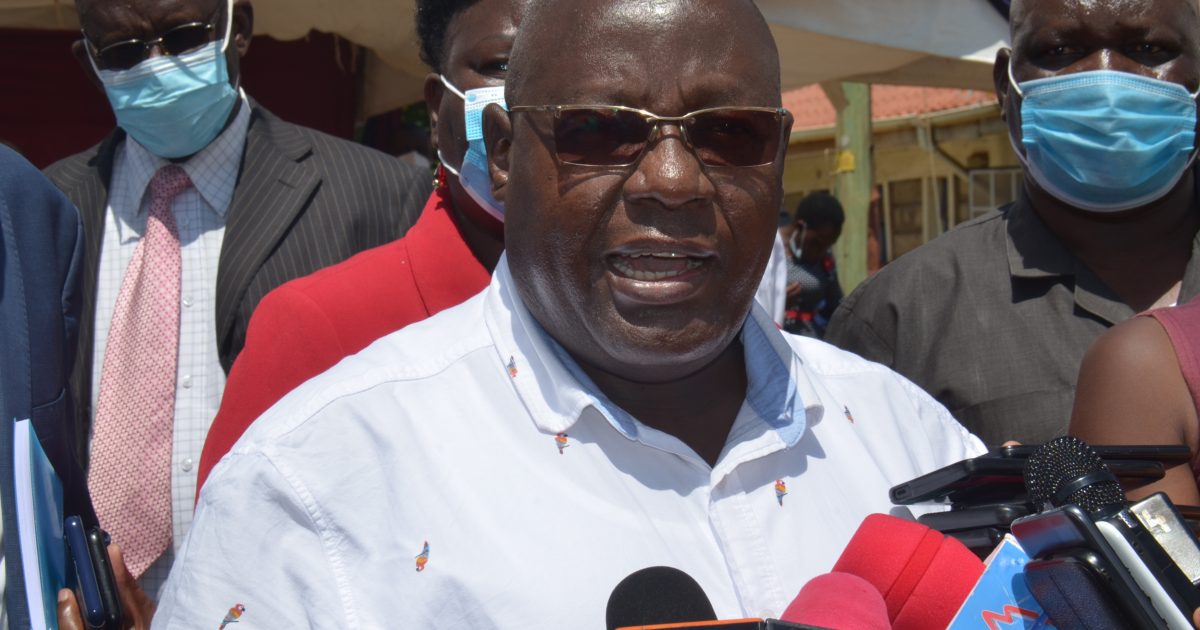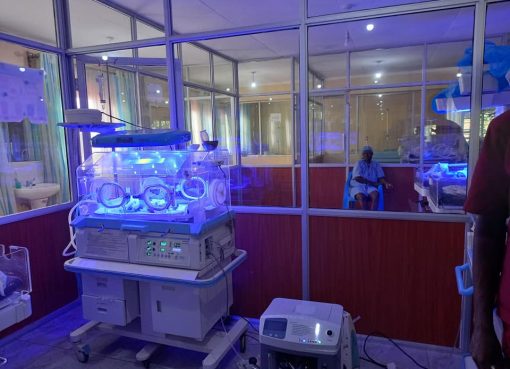The National Police Service Commission (NPSC) in collaboration with the Ministry of Health and Inspector General of police launched the Eastern region’s medical assessment exercise for sick officers and those injured in the line of duty.
NPSC Chairman Mr Eliud Kinuthia said that the commission targets to assess 2000 officers countrywide and at least 400 in Eastern Region having assessed about 1400 officers from other parts of the country.
He said the move to conduct the assessment was made after the successful establishment of a special medical board that will carry out the assessment.
Kinuthia who presided over the event at Meru police station said the Medical Board consists of a general physician, orthopedic doctor, surgeon, psychiatrist, medical doctor, and a social worker to look into various issues facing the officers.
“The assessment will help the commission when assigning duties according to each officer’s level of sickness and disability,” said Kinuthia adding that this will be key in improving the working conditions of the police officers to better their service to the people of Kenya.
For a long time, he added, police officers’ mental and physical wellness has not been put into consideration but with this program, the officers are assured of immediate help.
Kinuthia added that apart from medical support to the officers, the commission will make sure the insurance does the right thing by compensating the injured officers and also work to ensure the retired officers receive a proper pension.
“The exercise is not targeting or meant to kick any officer from his job. We want to know problems facing you and those disabled can be treated just like any other disabled person in this country including retirement at 65 years as well as exemption from taxation,” assured Kinuthia.
Some of the lifestyle diseases that the officers may suffer from are high blood pressure and diabetes which mostly are caused by stress at work.
Dr Edith Kwoba, a psychiatrist, acknowledged the issue of mental sickness among the officers, citing psychosis, post-traumatic stress disorder, depression, and drug abuse as some of the conditions facing some of the assessed police officers.
She said that one can be sick but still not aware, urging the police officers to understand themselves in terms of behavior for early intervention in case one is suffering from a mental illness.
She insisted that drug abuse is also a disease, with a majority of police officers having to use alcohol in order to forget about their problems, which may go beyond control.
“We are urging the society to stop judging police officers but support them because they go through so much in their duty including traumatizing experiences such as handling bodies of dead people, watching their colleagues die in their mission of enforcing law and order without forgetting they too have a social life like any other human being,” she said.
Surgeon John Kibosi, a member of the medical board said of the 1400 officers they have assessed, half of them have permanent disabilities, some of them using wheelchairs and crutches.
By Dickson Mwiti and Brenda Gakii





